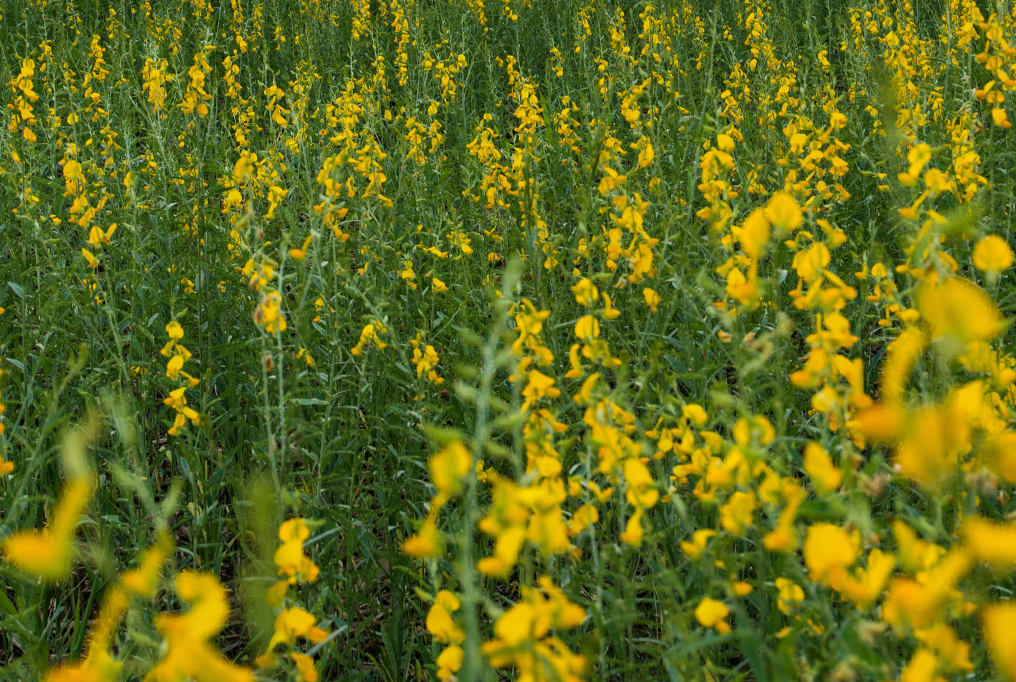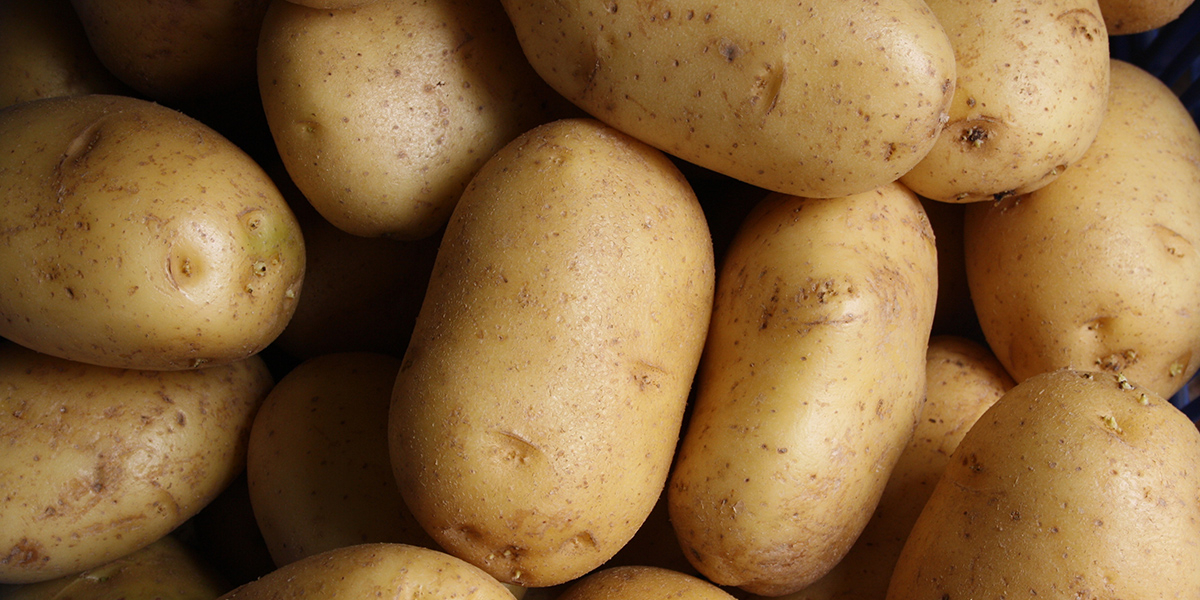
By George Munene
Sunn Hemp is a nitrogen-fixing green manure legume cover crop that organically improves soil fertility and biodiversity while serving as a high protein animal feed supplement with 19 per cent crude protein.
Samuel Munge, a fodder and cover crop expert at U-FARM Holdings explains that farmers who have incorporated Sunn Hemp, Crotalaria juncea, into their farms report an increase in yields and reduced costs realised in cutting back on synthetic fertilisers and weeding.
Grown in rotation or inter-planted with commodity crops, Sunn Hemp fixes up to 135kg of nitrogen/ha. This greatly cuts the cost of purchasing Nitrogen fertilisers. Nitrogen(N) is crucial to a healthy soil profile and is the most important component for supporting plant growth.
“I have four sets of farmers looking to purchase Sunn Hemp seeds: Export-focused farmers are seeking it out to organically reduce the soil disease burden on their soils. Animal keepers for their part use it as a high plane fodder.
Fruit farmers employ Sunn Hemp as a cover crop in their orchids. The plant has dense foliage and tender stems this means it can be easily flattened to provide quality green manure which also helps conserve moisture. All this creates an ideal microclimate that is conducive to soil microorganism operations.
Related News; New drought tolerant forage pearl millet increases milk by 30%
Related News: Green legume manures saves farmers Sh3200 per acre in fertiliser costs
Lastly, farmers are starting to order the seeds for use in zero tillage/ conservation agriculture. In this instance, it is grown for two and a half months and right before the podding stage, it is terminated by the use of rollers, herbicides, or being fed on by animals. A cash crop is then introduced. This gives superior yields to farmers as soil microorganisms are fed nitrogen and carbon, elements which are crucial for soil microorganisms to mine crop beneficial nutrients,” Samuel explains.
Crotalaria juncea, is the highest performing wheat rotation crop found to increase wheat yield by 10-15 per cent.
Sunn Hemp builds organic soil matter, conserves soil water, and recycles plant nutrients while suppressing weeds due to the shade made by its dense canopy. It also reduces soil erosion and improves soil tilt.
It suppresses plant-parasitic nematodes thus recommended for rotation with crops prone to nematode attacks, such as potatoes, tomatoes, peppers, and maize.
The crop also holds carbon in the soil--an important element in healthy and more productive plant growth.
It yields 5-19 t/ha grown as a forage crop, where it supplements poor quality roughage with added protein. It should be harvested in 40-45 days depending on the region it is grown.
Like hemp (Cannabis sativa), Sunn Hemp is utilized for its high-quality fiber--mainly in India--in the traditional manufacture of string, rope, mats, fishing nets, and twine.
It fixes 50-60 kg N/ha within 60-90 days of cultivation making it a great tool for reclamation agriculture, useful in replenishing soils.
In use as green manure, sunn hemp should be ploughed in 2 months after sowing. This is right before the plant begins to flower and become too fibrous as it decomposes more rapidly and will have a positive Nitrogen (N) balance.
It yields 2 t/ha of high-quality dry matter in 6-8 weeks as green manure. Fallowed green manure lasts at least 6 months for its positive effect on soil characteristics to be experienced.
Related News: Kiambu farmer increases yields with homemade weed fertilizer
Crotalaria juncea thrives across all soil types with pH ranging from 5 to 8.4 given they are well-drained as the crop cannot withstand waterlogged conditions. It is a hardy crop growing in regions with temperature ranges of 4-40°C and experiencing rainfall of between 200-4300 mm/year.
16 kilogram of seed is adequate to grow in an acre with sowing done through broadcasting or planting at 2-3 cm depth at a rate of up to 22.26 kilogram per acre. It can be planted all year-round in tropical climates such as Kenya and measures 1-4 meters tall.
The plant is affected by any major pests and diseases. Its raw seeds can be toxic and should not be fed to cattle raw.
A kilogram of Sunn Hemp costs Sh638.
U-FARM Holdings ltd: 0743379453


















